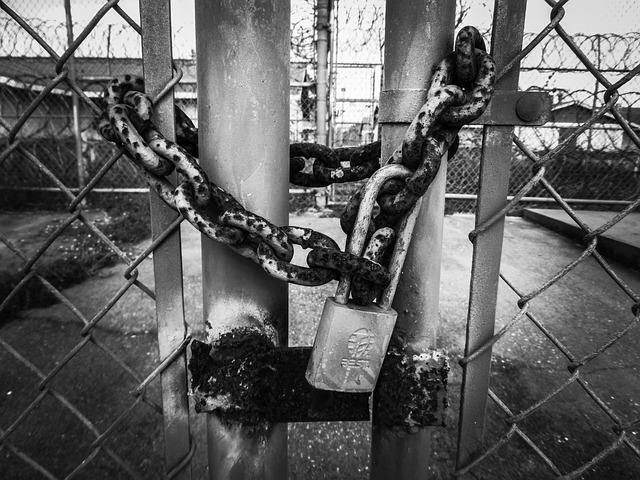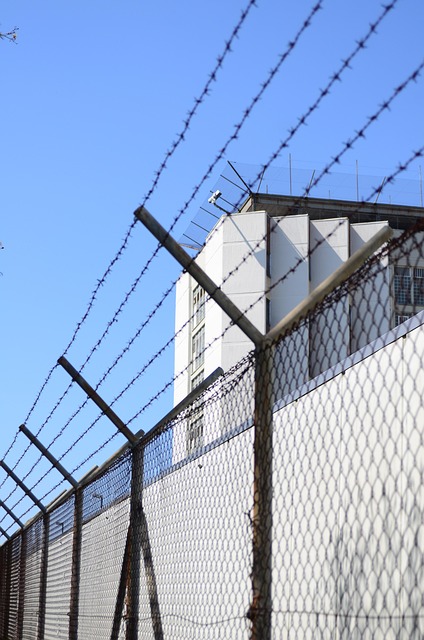Global immigration laws often include loopholes exploited by individuals with criminal records, including DUI offenses, facilitating unreported migration and evading scrutiny. Addressing these gaps requires a coordinated international effort involving intelligence sharing, standardized regulations, and robust screening mechanisms at all entry points. Harmonizing DUI perspectives globally is vital to prevent impaired drivers from escaping consequences through border crossings. A multifaceted approach is needed to tighten immigration laws while ensuring fairness and security for all travelers, reducing traffic fatalities and injuries worldwide.
In today’s interconnected world, understanding and addressing loopholes in global immigration laws and DUI (Driving Under the Influence) regulations are paramount for fostering international cooperation and ensuring public safety. This article delves into these critical areas, exploring how identifying and closing gaps in immigration policies can enhance border security while examining the global efforts to tackle DUI through stricter regulations, ultimately aiming to revolutionize travel and road safety standards.
- Global Immigration Laws: Identifying and Addressing Loopholes
- DUI (Driving Under the Influence) Regulations: Closing Gaps for Safer Roads Worldwide
Global Immigration Laws: Identifying and Addressing Loopholes

Global immigration laws, while designed to manage and regulate movement across borders, often present loopholes that can be exploited. These gaps in legislation allow individuals to navigate legal systems, sometimes for nefarious purposes, such as facilitating unreported migration or enabling those with criminal records, including DUI offenses, to evade proper scrutiny. The challenge lies in identifying these intricate networks of loopholes and addressing them effectively without inadvertently hindering legitimate travel and immigration.
The interconnected nature of global immigration demands a coordinated international effort to close these gaps. Authorities must collaborate to share intelligence, standardize regulations, and implement robust screening mechanisms at various entry points worldwide. By harmonizing DUI perspectives across borders, countries can ensure that individuals with impaired driving records are not able to avoid consequences by simply crossing into another jurisdiction. This multifaceted approach is crucial in tightening immigration laws while maintaining fairness and security for all travelers.
DUI (Driving Under the Influence) Regulations: Closing Gaps for Safer Roads Worldwide

The global immigration and DUI perspectives have been a growing concern, prompting many countries to reassess their regulations. Loopholes in driving under the influence (DUI) laws often create gaps that put public safety at risk. These gaps may arise from varying legal definitions, inconsistent enforcement, or cultural differences, allowing individuals to evade punishment despite endangering lives while intoxicated behind the wheel.
Closing these loopholes is a critical step towards ensuring safer roads worldwide. Harmonizing DUI regulations and strengthening enforcement mechanisms can help establish consistent standards. This global effort involves sharing best practices, adopting advanced technology for sobriety testing, and raising awareness about the devastating consequences of drinking and driving. By addressing the gaps in DUI laws, countries can significantly reduce traffic fatalities and injuries caused by impaired drivers.
By meticulously examining global immigration laws and DUI regulations, we can identify and close loopholes that compromise public safety. Implementing uniform standards and best practices worldwide fosters a more secure environment for all. Both immigration reform and stringent DUI enforcement are essential components of a comprehensive strategy to protect communities, ensuring a brighter future for generations to come.






